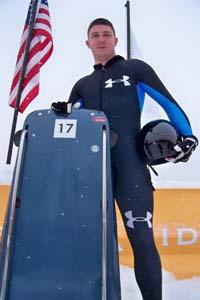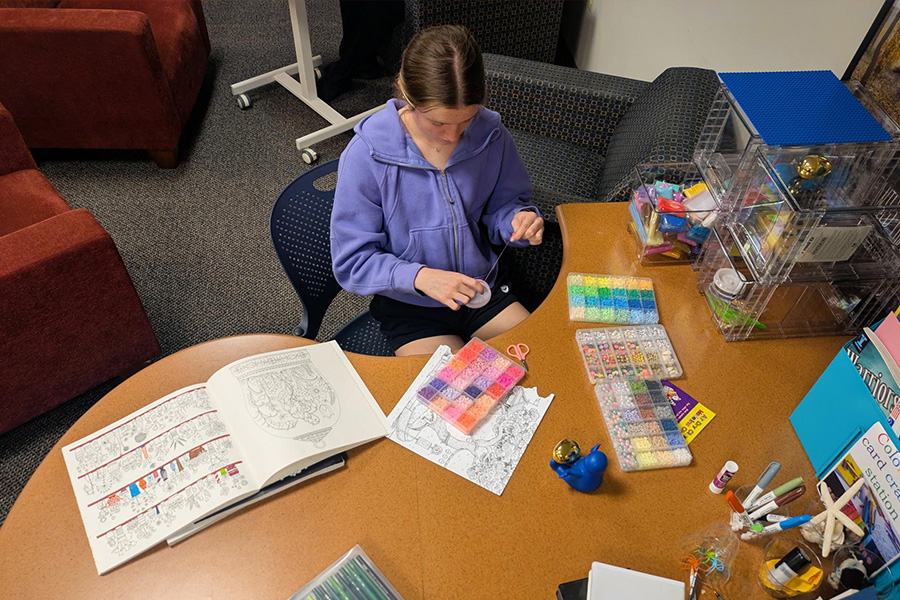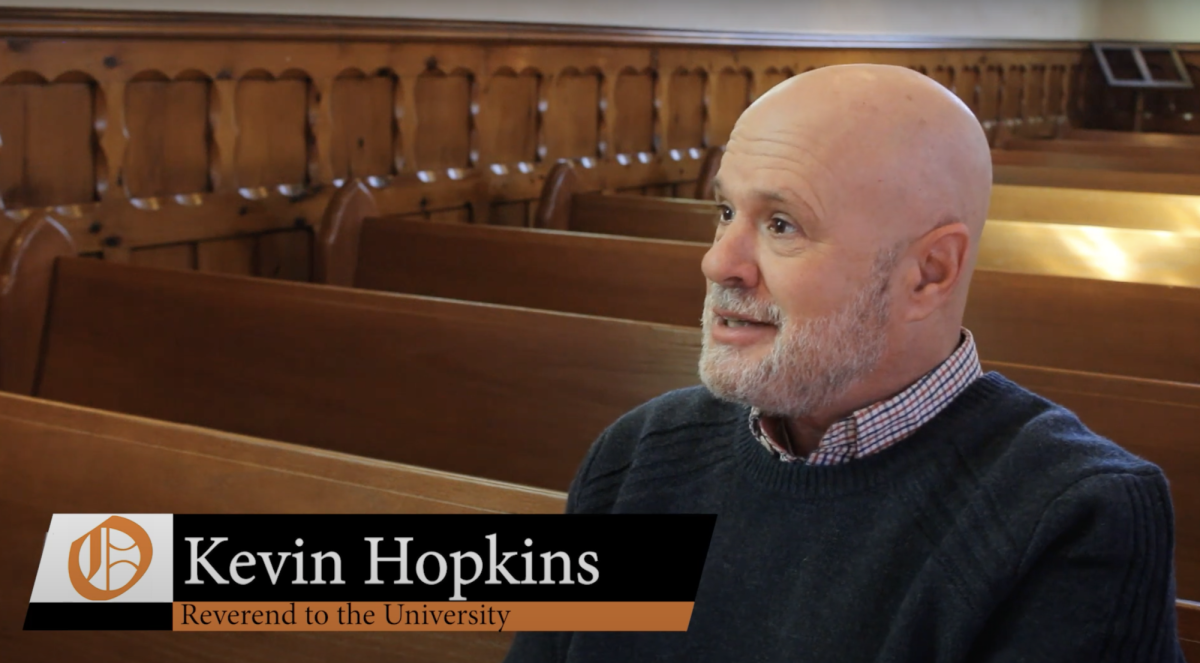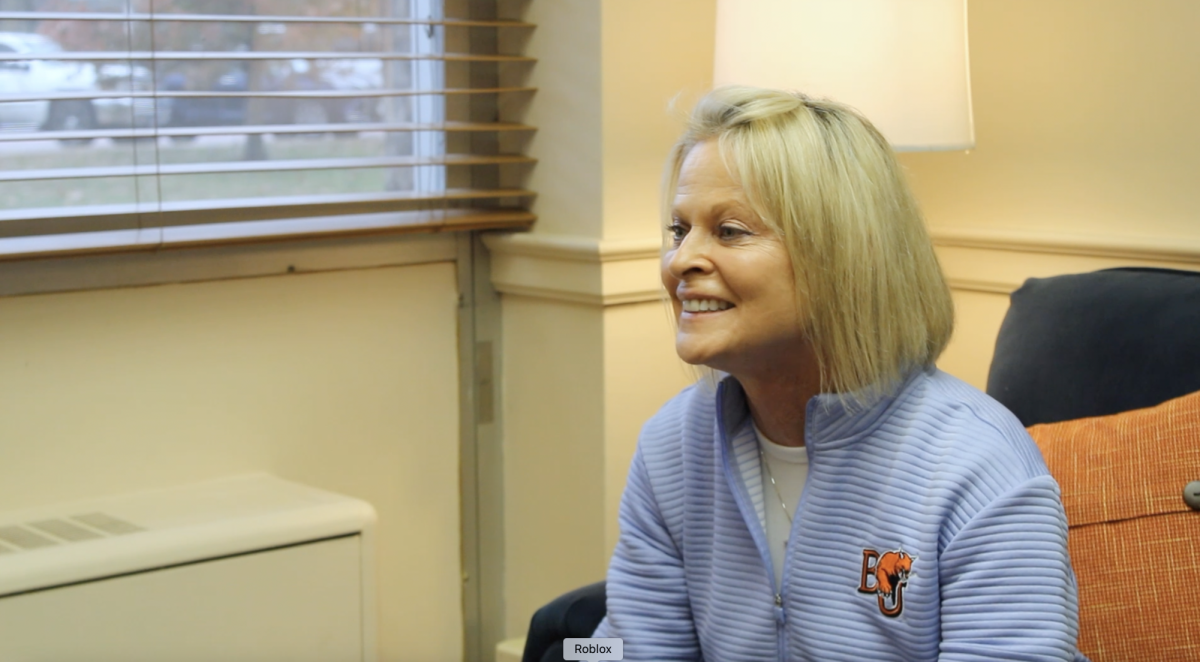The last several months have gone fast for Baker alumnus Greg West; faster than the 76 miles per hour he slides down a track on a skeleton sled.
Maybe it is because West’s days can be long, waking up early before work to lift weights or running sprints after work at night.
Maybe because less than a year ago, West slid down a hill on a skeleton for the first time.
West has competed in four international races in the America’s Cup, which is the lowest tier of international racing, and is preparing for the national championships in March.
“To see all that hard work come to fruition and pay off and be appreciated, it’s an amazing feeling,” West said.West competed in two races in Lake Placid, New York, Jan. 13 and 14, and two in Calgary, Alberta, Jan. 24 and 25.
West found success in Canada, missing a medal, which would have placed him as one of the top six sliders, by .03 of a second in one of his two races.
“He adapted quickly to the sliding, doing very well with that,” West’s skeleton coach Don Hass said. “He’s becoming a student of the sport, which is required if you’re going to become a great slider. He’s realizing his physical limitations, which he’ll have to work out this summer to get faster, stronger. I think mentally he’s focusing well on the sport.”
Baker assistant football coach Kendall Bradley grew up with and remains a good friend of West and was not shocked by his friend’s early achievements.
“I don’t think I’m surprised that he’s successful at it, I think I always kind of expected that,” Bradley said. “I’m kind of surprised how quickly he’s been able to pick it up and to be competitive at it.”
Being a new slider, West was unsure what his future in the sport was, but now knows his dream will live on for another year.
West will train in Lake Placid until April, although he has applied for residency in the state of New York, and has also applied to stay and train at the Olympic training center in Colorado Springs for the summer.
West has then been accepted to the team trials in mid-October to see which tour he can qualify for.
“They use it as a slotting system,” West said. “It’s everybody. It’s racing against guys who were just in the Olympics, guys who are planning on going to the next Olympics, all of us.”
While West has enjoyed the early success, he remains humble and understands more work is left to be done.
“It’s definitely good, positive reinforcement, and it makes you appreciate and makes you want to work that much harder,” he said. “Because even with all this work, I still have a lot to work on. I’m not near where I need to be.”
West said his experience has been a blur, which is fitting considering the speed at which he slides down the track.
Skeleton is not a sport that is mastered in a year, and Hass said only time would tell what kind of slider West will be.
“It doesn’t happen overnight,” Hass said. “I tell athletes straight up front that they’re looking at a four-to-eight-year commitment, and that’s still no guarantee they’re going to the Olympics.”
While West’s skeleton career has started as quickly as sliding down a hill on a sheet of ice, the finish line is nowhere in sight.
“I want more now,” he said. “I want to get better next year (and) compete for the podium.”









